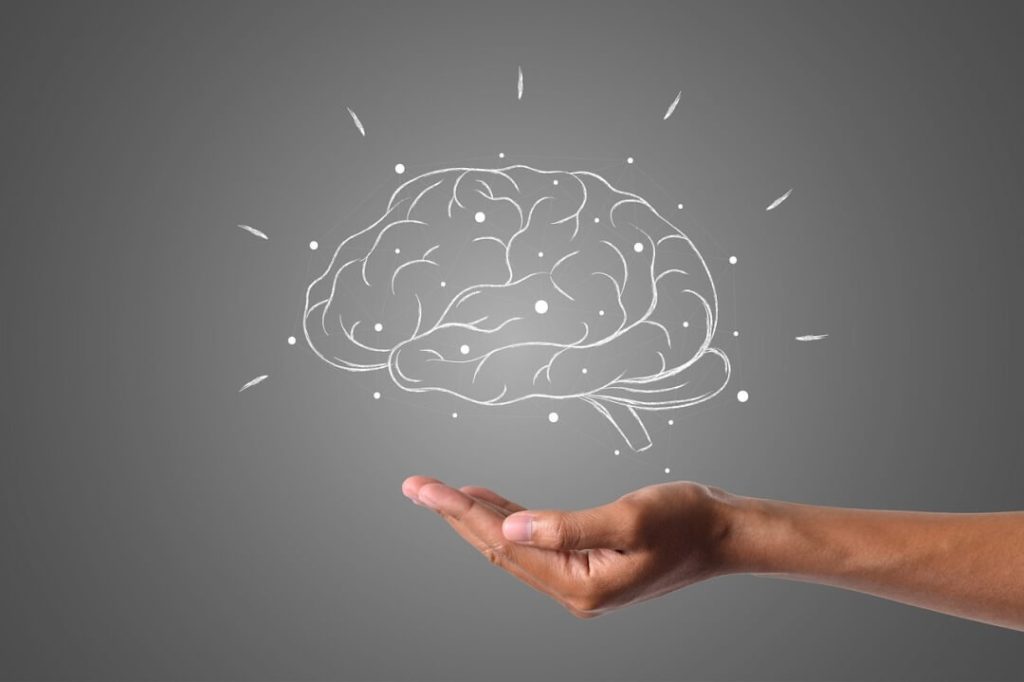The debate around cannabis is vast and ongoing, with discussions ranging from its medical potential to its health risks, capturing interest worldwide. While some countries are moving toward legalizing cannabis, others still have pressing questions and concerns on nearly every front. So, what impact does cannabis truly have on our minds and bodies?
In this blog, we’ll explore the short- and long-term effects of cannabis use based on the latest research, examining everything from medical applications to the risk of dependence. We’ll present crucial, accurate information about cannabis to support your health and that of your loved ones. Knowledge is essential in making informed choices.
Let’s dive into five key points about cannabis based on scientific evidence. These insights will provide a strong foundation for personal decisions and social discussions about cannabis. Are you ready to start this journey to uncover the truth about cannabis?
Contents
Short-Term Side Effects of Cannabis Use

When cannabis is used, neurotransmitters in the brain temporarily shift, causing short-term effects. These can include distorted perceptions of time and altered visual experiences due to THC’s impact on the brain’s perception centers. Additionally, short-term memory may be impaired, making it harder to process new information, as cannabis affects the hippocampus, the brain’s memory-processing center.
On the physical side, cannabis can increase heart rate, cause red eyes, or lead to dry mouth due to its effects on the autonomic nervous system. That said, in medical use, cannabis has shown to relieve pain and reduce nausea, thanks to its unique compounds that can alleviate certain symptoms.
Long-Term Health Impacts of Cannabis Use

Using cannabis consistently over time can alter brain structure and function. For instance, studies show that memory and cognitive abilities may decrease, with a higher likelihood of experiencing depression as cannabis disrupts the brain’s neurotransmitter balance.
For medical purposes, however, cannabis has been reported to alleviate symptoms in conditions like multiple sclerosis and epilepsy. This is because some of its compounds can modulate the nervous system responses linked to these diseases. Caution is especially advised for young users, as their developing brains are more susceptible to external stimulants, increasing the risk of lasting impacts.
Psychological Effects

Cannabis use significantly impacts mental health due to THC’s effect on CB1 receptors in the brain, which can lead to various psychological reactions. Hallucinations are one noticeable effect, where users may perceive colors, sounds, or sizes differently, possibly losing a sense of reality for a short period, which can disrupt daily life and social interactions.
Cannabis-induced anxiety and panic are also common, particularly for first-time or high-dose users, who may feel disoriented and out of control, leading to heightened stress. Over the long term, cannabis use has been associated with an increased risk of serious mental health issues, like schizophrenia and depression. These mental health conditions can significantly disrupt daily life, often requiring long-term care.
Physical Effects

Cannabis affects both mental and physical health, especially when smoked, as it directly impacts the respiratory system. Cannabis smoke contains various harmful substances that can irritate the respiratory tract, similar to tobacco, potentially leading to chronic bronchitis or emphysema. Additionally, long-term use may raise the risk of lung cancer.
Cannabis also impacts the cardiovascular system, causing an increase in heart rate and fluctuations in blood pressure, which can be dangerous, especially for those with heart conditions. It may also affect reproductive health in men, as some studies suggest that cannabis could reduce sperm quality and quantity, raising the risk of infertility.
Cannabis use during pregnancy can negatively affect fetal development, increasing the likelihood of low birth weight and developmental delays.
Risk of Cannabis Dependency

Cannabis poses a risk of addiction, with prolonged use increasing the likelihood of cannabis use disorder (CUD), where users struggle to control their intake. THC stimulates the brain’s reward system, causing a pleasurable “high,” which can lead to brain changes, reinforcing a dependency on the substance.
As dependency builds, users may find it difficult to manage usage and frequency, experiencing withdrawal symptoms like anxiety, irritability, and insomnia if they attempt to quit. These withdrawal effects can often lead to continued use, creating a dependency cycle.
This risk is even higher for those who begin using cannabis at a young age, as their developing brains are more vulnerable to addiction. Dependence on cannabis can significantly impact daily life and social relationships, potentially leading to issues at school or work, strained relationships, and even legal troubles.
While recovery from cannabis dependency is possible, it usually requires treatment and support from professionals. Anyone considering cannabis use should carefully weigh the risks of addiction.
Conclusion
Cannabis affects users in a variety of ways, from short-term side effects to long-term health risks. While cannabis holds potential for medical use, the risks of dependency and mental health effects cannot be overlooked.
When considering cannabis, take the time to review this information, understanding the potential impacts on health and daily life. For those exploring cannabis for medical purposes, consulting a professional is always recommended.
On a societal level, having accurate information about cannabis is essential for preventing addiction and protecting youth. Science-based discussions and knowledge are key to building a healthier, more informed future.

